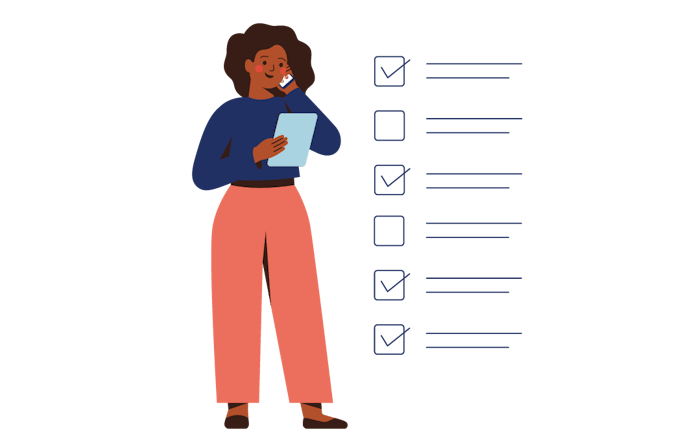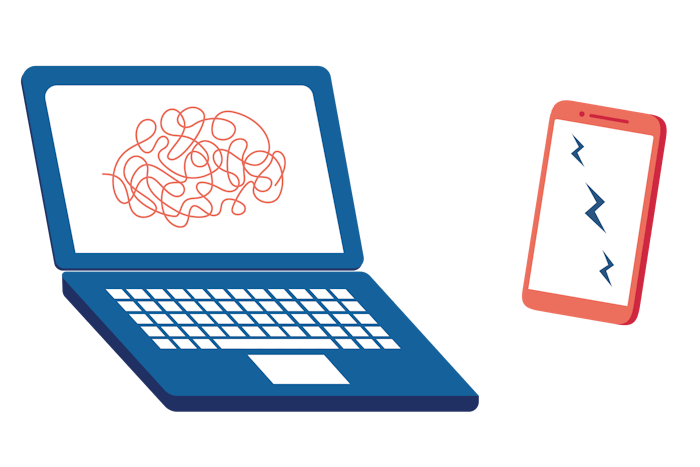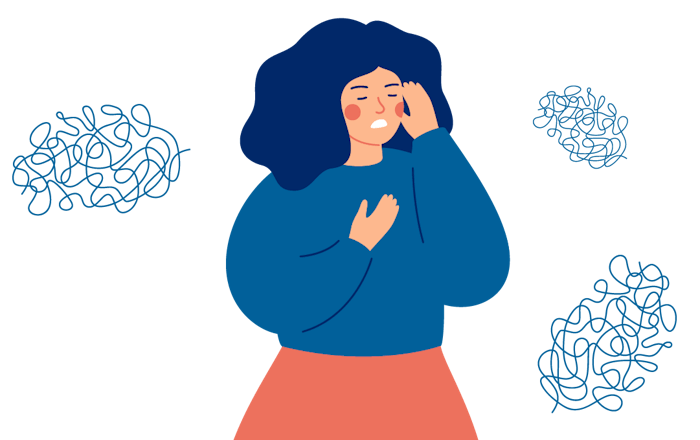Healthcare services
You can get help with domestic violence at emergency rooms, hospitals, and health clinics across the country — whether the violence happened recently or some time ago.
Nurses are available around the clock by calling 1700.
Domestic Violence Team
At the National University Hospital, there’s a specialized team with expertise in the nature and effects of domestic violence. The team includes psychologists and social workers who offer support, education, and counseling to help you process the trauma.
They will meet with you privately and help assess what kind of support you need and want.
All support can be provided in person, online, or over the phone. Interpretation services are available if needed.
This service is available at healthcare institutions throughout the country, is free of charge, and open to all survivors, regardless of residence, financial situation, or gender. You always have the right to get support — whether or not you plan to press charges, whether you’re struggling with addiction, or experiencing homelessness.
- A social worker can help you with practical matters such as financial assistance and housing, wherever you live in the country. They will act as your case manager and support you throughout the process.
- Trauma Team. They provide assistance, education, and counseling to help process the trauma.
- Legal rights protection officer (réttargæslumaður). This is a lawyer whose role is to protect your interests and support you through the legal process. You do not have to pay for this service — the state covers the cost.
- Police officer. You can talk to the police even if you’re unsure whether you want to press charges. It can be helpful to learn more about the process, your rights, or to report the incident even if it doesn’t lead to charges.
- Help accessing a Women’s shelter if you need a safe place to stay.
- Follow-up Support. Your case manager will support you throughout the process and help connect you with other services.
Medical examination
A doctor and nurse will examine you together and assess whether there’s a need to document injuries with photographs or perform other tests.
If your case goes to court, medical documentation of injuries can help support your case.
Nurse:
- Offers emotional support and explains the examination process.
- Performs tests and provides treatment if needed.
Doctor:
- Asks about your injury and medical history.
- Examines physical injuries.
- Orders appropriate tests. A doctor responsible for follow-up will review the results and inform you if needed.
Who can see that I came in?
All healthcare staff are bound by confidentiality. Your visit and treatment are kept private. Information is recorded in your medical file, and no one outside of the healthcare system can access it without your permission.
If your life or a child’s life is believed to be at risk — for example, in cases of strangulation or if you’re pregnant — staff are legally required to notify the police.
You can always request a log of who has viewed your medical file.








